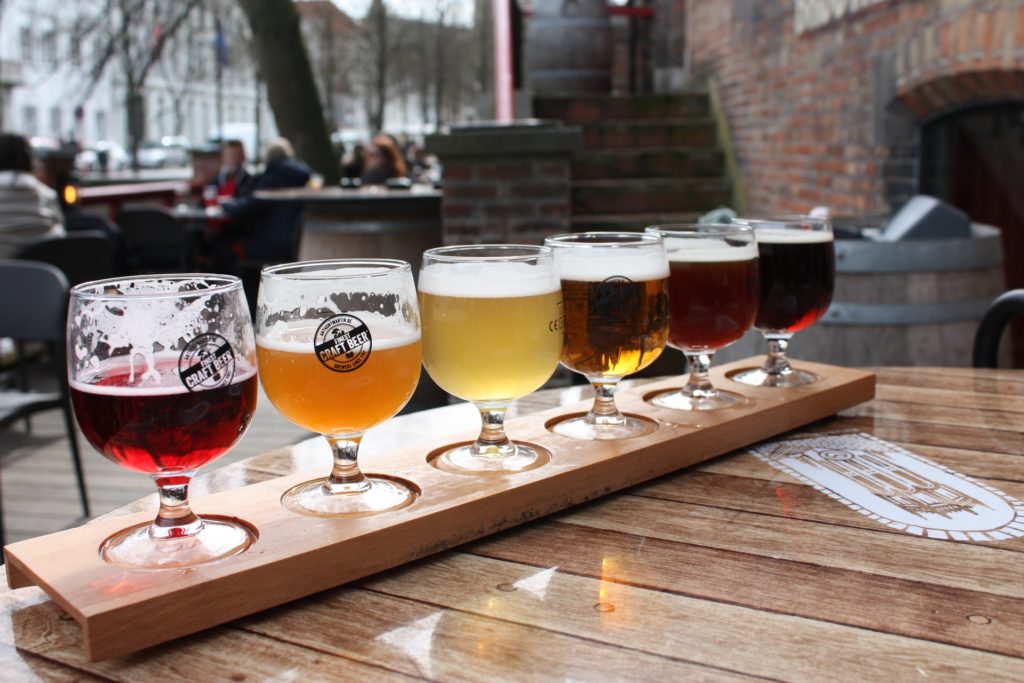Belgians drank 19% less beer in 2020, according to the latest annual report from the Belgian Brewers federation.
The sector hardest hit, not unexpectedly, was the hospitality industry, where sales fell by 50% as a result of the closure of bars and restaurants during a total of six months of 2020.
Supermarket sales increased slightly by 2.6%, and shipments within the EU were up slightly, although international sales in general were down.
The loss of sales in the horeca sector (hotels, restaurants and cafes) amounted to no fewer than 500 million pintjes.
2020 was a special year, but the fall in volumes of beer consumed is not a phenomenon particular to one year. The consumption of beer by volume has been falling since 1990, the brewers say.
The reason: the switch from pils to special beers. Thanks in part to overseas attention, beer tourism, beer journalism, beer cuisine and the more recent explosion of small craft breweries, Belgians are more and more turning their backs on the likes of Maes Pils and Jupiler – although the latter remains by far the biggest-selling beer in the country.
And the simple thing is that while it’s possible to while away an afternoon drinking Jupiler without suffering too much damage, special beers are stronger, and require more attention, so the number of Tripel Karmeliets or Chimay Bleus the ordinary drinker will consume is far fewer.
Exports were down by 3% in 2020, the first drop in 12 years. Exports account for 70% of the sales of beers brewed by Belgian brewers. Our neighbours to the north, however, remained firm, buying 3.3 million hectolitres – despite a burgeoning craft beer movement there too in recent years.
The brewers’ federation is now forecasting a return in 2021 to pre-pandemic conditions. investments have had to be made, and many customers may not return, or at least not yet.
“Belgian beer culture, recognized by Unesco as an intangible cultural heritage, will continue to exist and continue to develop,” said Jean-Louis Van de Perre, president of the federation. “Our passion, creativity and know-how will enable us to meet the challenges of the future.”
However one fly in the ointment could be a wave of failures of businesses that were simply unable to survive the effects of lockdown.
Bars and restaurants are open again, inside and out, but restrictions still apply, costly The number of businesses in the sector that close is high even at the best of times. The year 2020 may go down in brewing history as the worst of times.
The Belgian Brewers’ report on 2020 is available in French or Dutch at their website. A version in English will be available later.
• The Belgian brewing sector in figures (2020):
Number of breweries 379
Indirect employment c.50,000
Direct employment 6,194
Excise duties paid €168,259,152
Total taxation on sector c. €700,000,000
Source: Belgian Brewers federation

